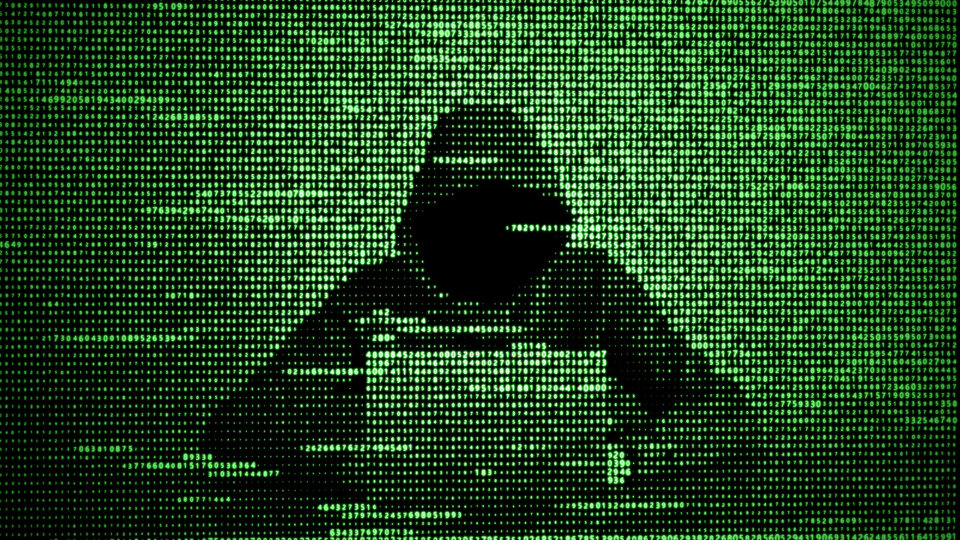- The ongoing conflict dynamic between the US vs China has continued to intensify during the coronavirus pandemic.
- President Trump’s antagonistic stance toward China deepened the hostile sentiment between the two countries.
- Now comes a report that Chinese hackers may have stolen personal data from as many as 80% of Americans.
Even before but especially during the coronavirus pandemic, the US vs China dynamic has been a driving force of world events — with the Trump administration having ensured that each country would treat each other more warily than ever and with near-outright hostility.
You can see evidence of this power dynamic almost anywhere you look, from China scoffing at the US’ terrible response to COVID-19 to claiming that the US is responsible for the COVID outbreak, and, even more recently, the Chinese electronics giant Xiaomi suing the US treasury and defense departments. That move, which happened in recent days, is in response to the Trump administration’s blacklist of Chinese military companies. In December, the US labeled Xiaomi as among a group of “Community Chinese military companies” per the National Defense Authorization Act. And now comes a fresh report of the horrifying scale at which Chinese hackers are apparently attempting to “collect and exploit” the health care data of Americans, including peoples’ DNA.
This news comes via Bill Evanina, the former director of the US National Counterintelligence and Security Center, who shared some of these frightening details over the weekend in an interview with 60 Minutes on CBS. “Current estimates are that 80% of American adults have had all of their personally identifiable information stolen by the Communist Party of China,” Evanina said.
“The concern is that the Chinese regime is taking all that information about us — what we eat, how we live, when we exercise and sleep — and then combining it with our DNA data. With information about heredity and environment, suddenly they know more about us than we know about ourselves.”
This news comes against the backdrop of China having ramped up and perfected its own surveillance state, subjecting its own citizens to everything from surveillance cameras to Wi-Fi sniffers and ubiquitous facial recognition software. Also, China has recently engaged in serious human rights violations, such as the rounding up of more than 1 million Uyghurs and jailing them in camps.
Sophie Richardson, director of the China program for Human Rights Watch, told 60 Minutes that while in the camps those Uyghurs, who are Chinese citizens, are “subjected to political indoctrination. They can’t use their own language. They’re not allowed to worship. Those people are highly restricted in how they can live their lives.”
The specific statement during the interview about China’s data collection ambitions relative to the US population stemmed from a recent approach by a global biotech firm to Washington state officials with an offer to build and run coronavirus testing labs. The company, BGI Group, left US officials feeling suspicious, and just a few days ago, Reuters reported that the company has ties to the Chinese military.
Even so, BGI Group has reportedly sold millions of COVID test kits outside China since the coronavirus pandemic began.







